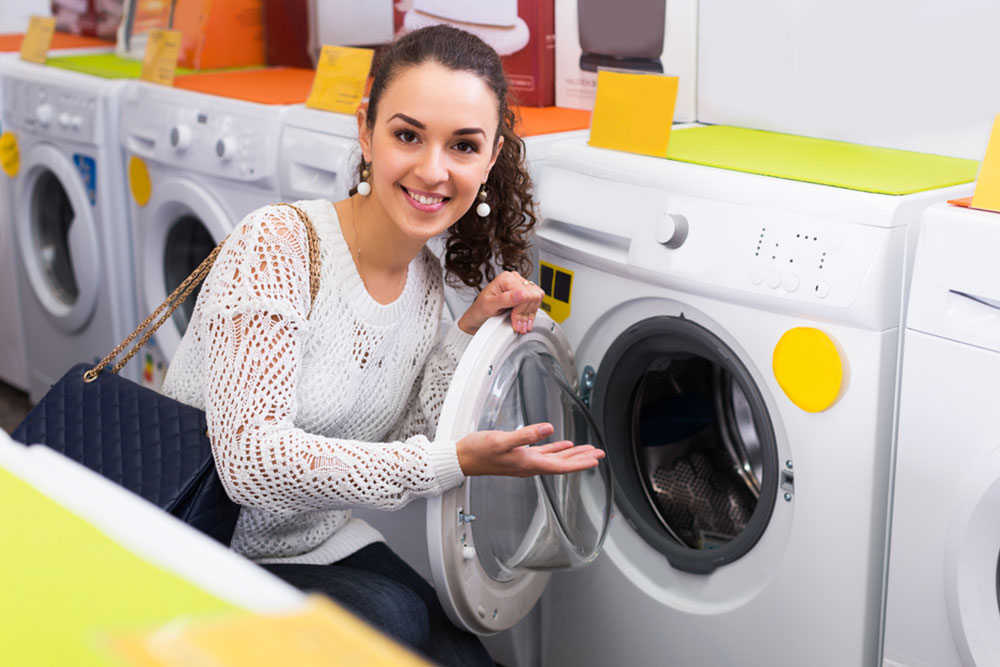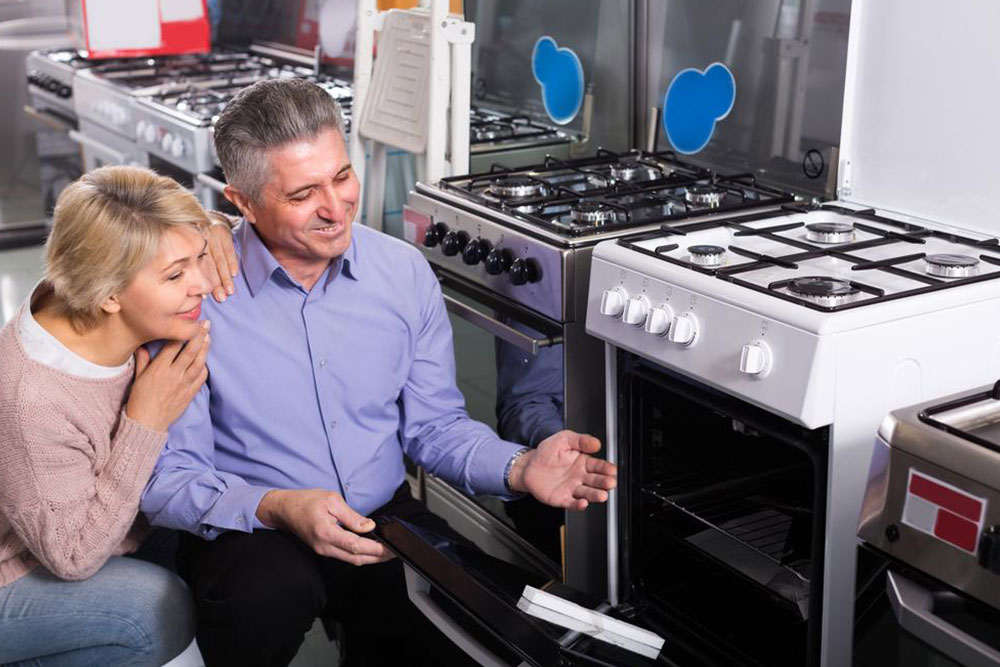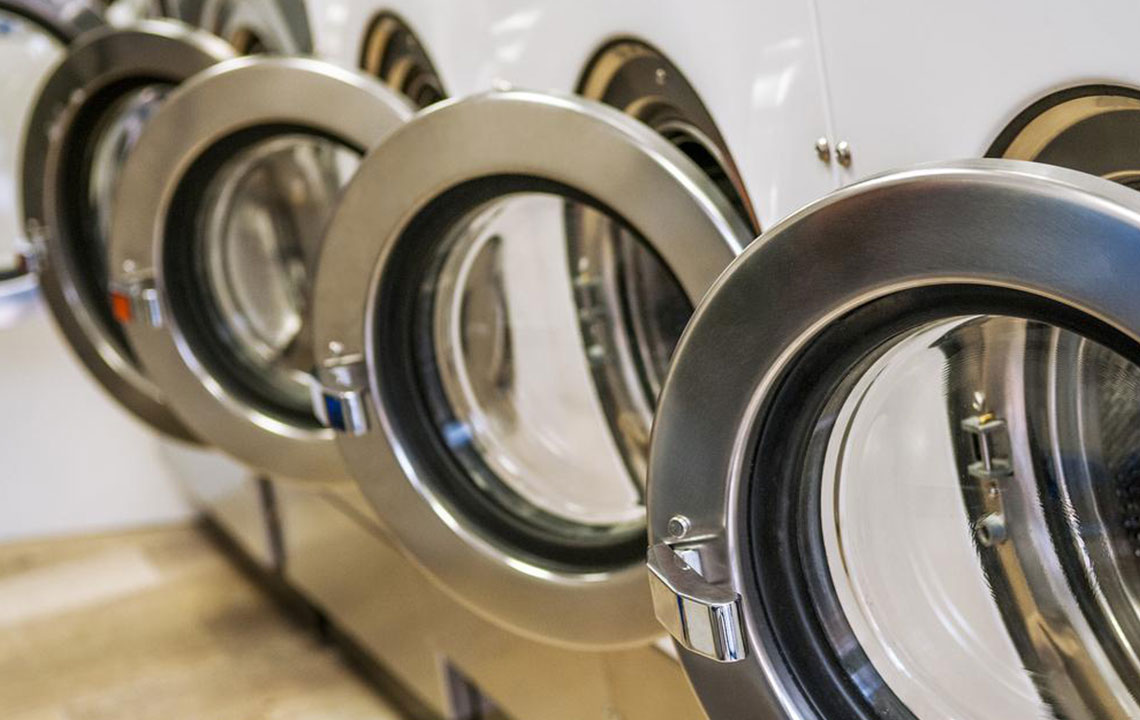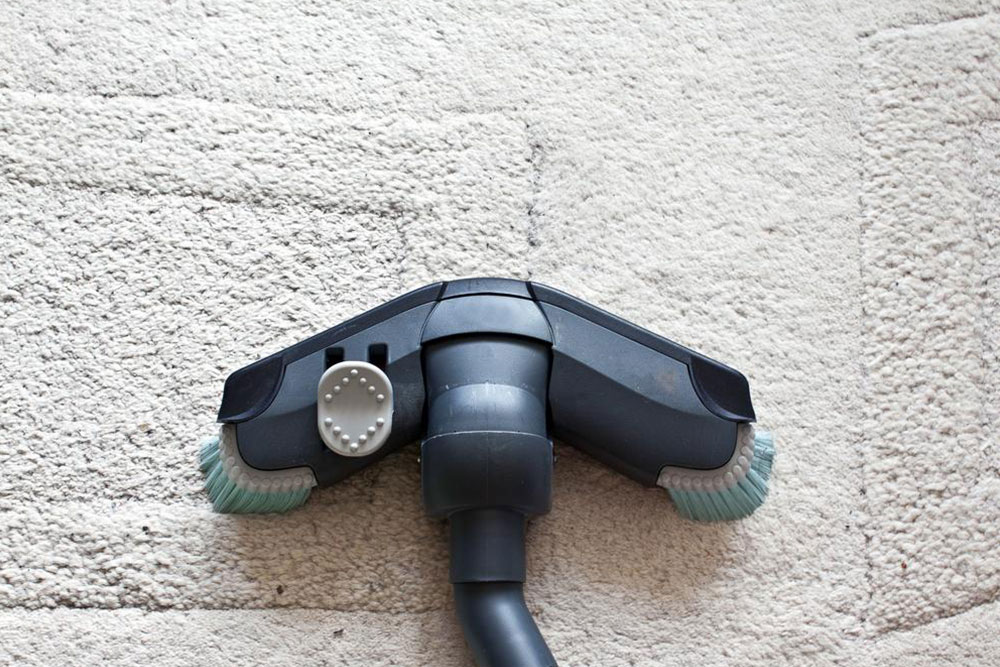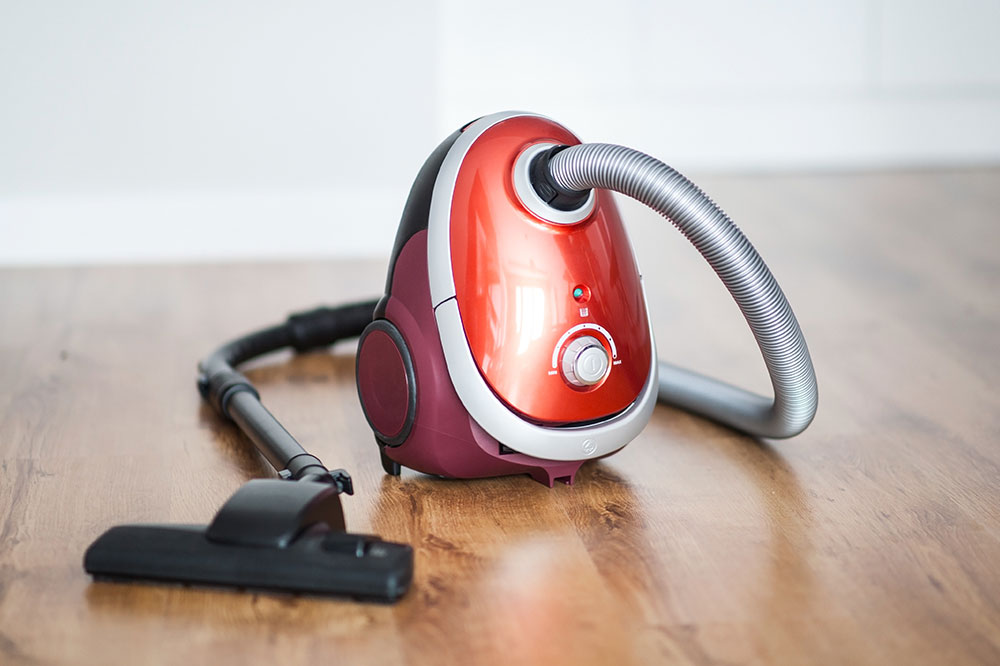Tips to Boost Your Refrigerator's Energy Efficiency
Enhance your refrigerator's energy efficiency with simple tips like cleaning coils, organizing contents, and ensuring proper placement. These practices can reduce electricity consumption, extend appliance lifespan, and save on energy bills. Regular maintenance and mindful usage are key to optimizing performance and sustainability in your home.
Sponsored
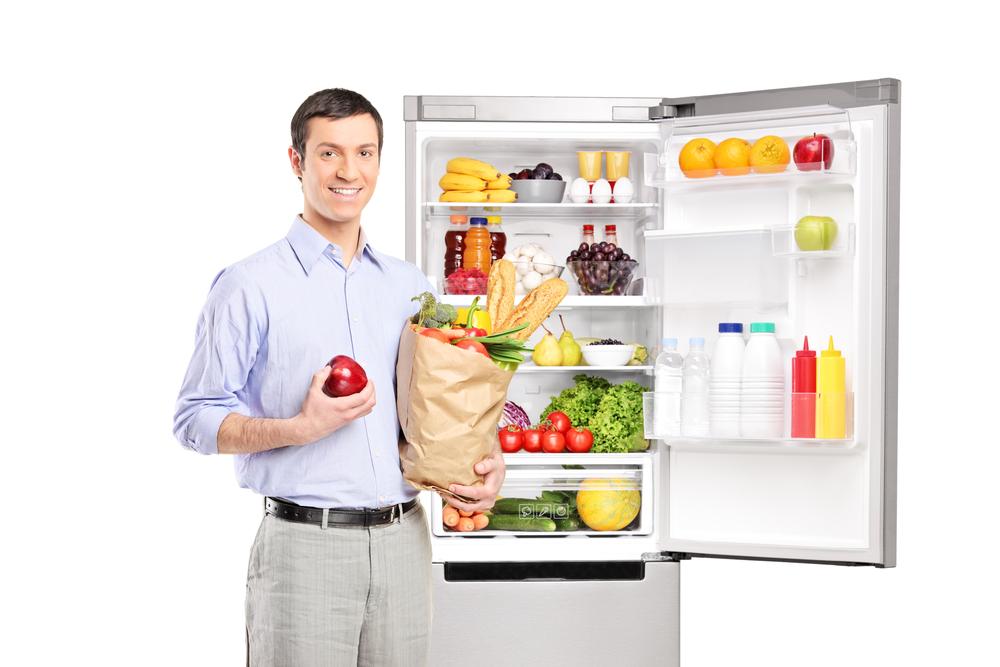
For consumers shopping for a new fridge, energy savings and cost reduction are top priorities. Refrigerators are among the highest energy-consuming appliances in homes, often surpassing other devices combined.
Understanding how to enhance efficiency involves knowing that cold air is transferred through heat exchange. An optimally filled refrigerator with proper airflow between items is more energy-efficient.
Enhancing your refrigerator’s energy performance can be achieved through simple practices:
Keep the top clear
Storing items like cereal boxes on top can prevent heat from escaping, causing the compressor to work harder. Keeping the top clutter-free improves cooling efficiency.
Regularly clean the condenser coils
The coils at the back need routine cleaning to remove dust and debris that trap heat. Clean coils help maintain optimal cooling and save energy.
Avoid prolonged door openings
Leaving the fridge door open wastes energy by letting cold air escape, forcing the compressor to run longer to restore temperature.
Consider turning off the ice maker
Ice makers can increase energy consumption by up to 20%. Turning them off when not needed or using ice trays can help reduce electricity use.
Ensure proper ventilation
Place the refrigerator at least 2 inches from the wall to allow heat from the condenser coil to dissipate efficiently. Proper airflow reduces the workload on the compressor.
Inspect and replace door gaskets
Organize contents effectively
An organized fridge minimizes door openings and prevents blocking airflow. Avoid storing bulky items like bread on top shelves, as trapped heat can increase energy consumption.
Let hot food cool before refrigeration
Placing hot leftovers directly inside raises internal temperature, making the fridge work harder. Allow food to cool first to conserve energy.
Remove frost buildup
Manual defrosting in older models prevents ice buildup on coils, which reduces energy efficiency. Modern refrigerators usually have auto-defrost, but regular checks help maintain performance.
Choosing energy-efficient appliances and maintaining your refrigerator properly can extend its lifespan—up to 10 years—and significantly reduce energy bills. It’s a wise investment for eco-conscious consumers aiming to cut costs and conserve energy.

